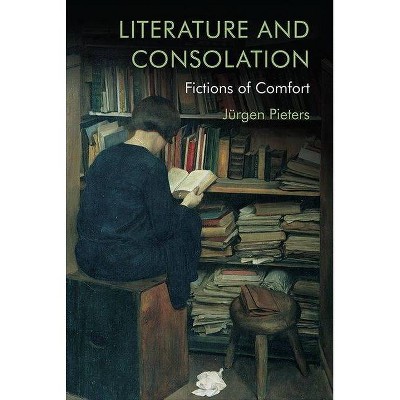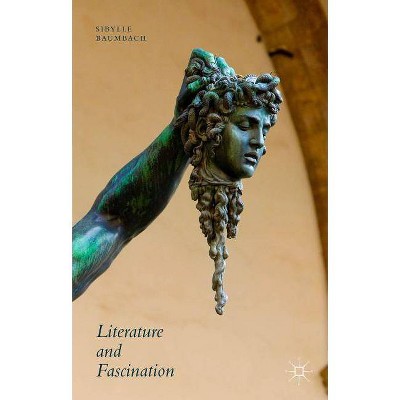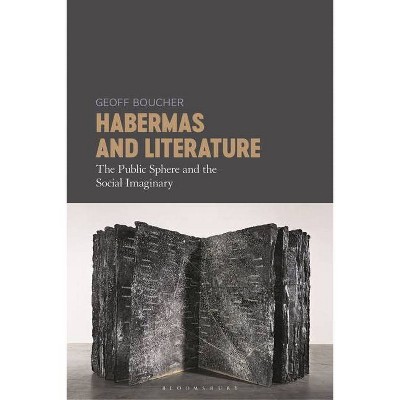Literature and Consolation - by Jürgen Pieters (Hardcover)

Similar Products
Products of same category from the store
AllProduct info
<p/><br></br><p><b> About the Book </b></p></br></br><p>Provides a deeper understanding of the comforts of reading literature</p><p/><br></br><p><b> Book Synopsis </b></p></br></br><p>By focusing on a number of significant moments in the interlocking histories of the book's two central concepts--literature and consolation--this study makes readers aware of the premises that underlie the assumption that literary writings can bring comfort. What is it in literary texts that provides this special experience? How does literature help us to understand what consolation means and the effects it can have on individual readers? </p> <p></p> <p>The intersecting ideas of literature and consolation in Homer, Dante, Shakespeare and Flaubert through to Roland Barthes, Denise Riley and Julian Barnes, guide today's readers on how literature provides examples, food for thought and good companionship in times of grief and pain. Taking its cue from the rich history of consolatory thinking, the book shows how writers from different times have explored the potential of their writing to offer solace. The result of these explorations, this book argues, has shaped the history of Western literature decisively. </p><p/><br></br><p><b> From the Back Cover </b></p></br></br>Provides a deeper understanding of the comforts of reading literature By focusing on a number of significant moments in the interlocking histories of the book's two central concepts--literature and consolation--this study makes readers aware of the premises that underlie the assumption that literary writings can bring comfort. What is it in literary texts that provides this special experience? How does literature help us to understand what consolation means and the effects it can have on individual readers? The intersecting ideas of literature and consolation in Homer, Dante, Shakespeare and Flaubert through to Roland Barthes, Denise Riley and Julian Barnes, guide today's readers on how literature provides examples, food for thought and good companionship in times of grief and pain. Taking its cue from the rich history of consolatory thinking, the book shows how writers from different times have explored the potential of their writing to offer solace. The result of these explorations, this book argues, has shaped the history of Western literature decisively. Jürgen Pieters teaches Literary Theory at Ghent University, Belgium.<p/><br></br><p><b> About the Author </b></p></br></br><p>Jürgen Pieters teaches Literary Theory at Ghent University, Belgium. He is the author of <i>Moments of Negotiation. The New Historicism of Stephen Greenblatt</i> (Amsterdam University Press, 2001) and <i>Speaking With the Dead: Explorations in Literature and History</i> (Edinburgh University Press, 2005).<p>
Price History
Price Archive shows prices from various stores, lets you see history and find the cheapest. There is no actual sale on the website. For all support, inquiry and suggestion messagescommunication@pricearchive.us




















